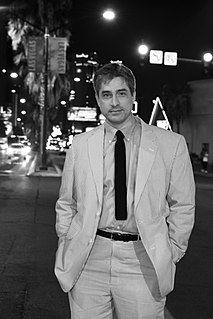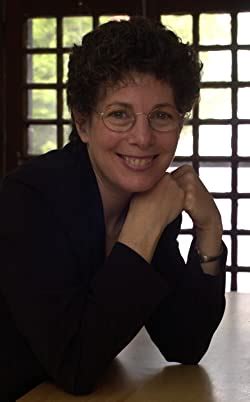A Quote by Peter Morville
Note that the #1 Top Reviewer at Amazon (4550 book reviews) is Harriet Klausner, formerly an acquisitions librarian in Pennsylvania. This just goes to show that librarians were destined to rule the Web.
Related Quotes
Writers are funny about reviews: when they get a good one they ignore it-- but when they get a bad review they never forget it. Every writer I know is the same way: you get a hundred good reviews, and one bad, andyou remember only the bad. For years, you go on and fantasize about the reviewer who didn't like your book; you imagine him as a jerk, a wife-beater, a real ogre. And, in the meantime, the reviewer has forgotten all about the whole thing. But, twenty years later, the writer still remembers that one bad review.
Writing prejudicial, off-putting reviews is a precise exercise in applied black magic. The reviewer can draw free-floating disagreeable associations to a book by implying that the book is completely unimportant without saying exactly why, and carefully avoiding any clear images that could capture the reader's full attention.
I expected a lot of flak over my new book, '50 Things Liberals Love to Hate' from, well, liberals. It's not a big shock that the kind of liberals I skewer in the book - the radical, Che Guevara-loving type - have posted scathing reviews at Amazon and written nasty e-mails and voiced opposition to a book they haven't actually read.
I have earned wages as a waitress, a nanny, a librarian, a personnel officer, an agricultural laborer, an advertising secretary, a typesetter, a proofreader, a mental-health-care provider, a substitute teacher, and a book reviewer. In and around the edges of all those jobs I have written poems, stories, and books, books, books.
































